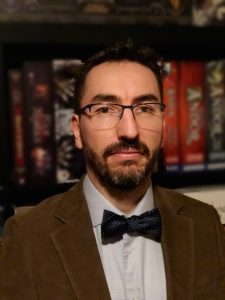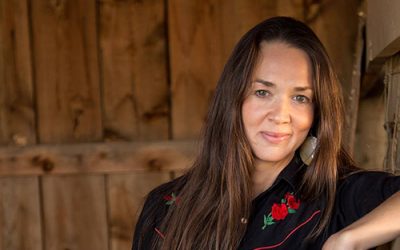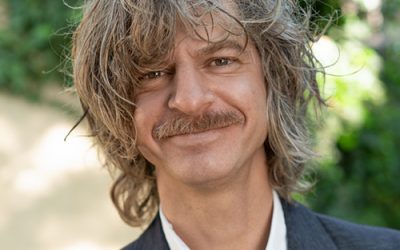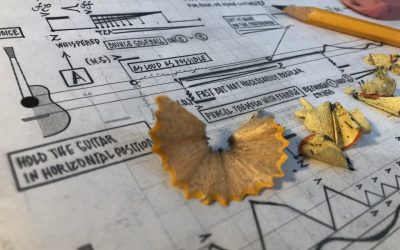Musicology Colloquium Series
Sponsored by The University of New Mexico Department of Music and the Latin American and Iberian Institute
Thursday April 18, 2:00-3:30pm
LAII Conference Room
Talk Description:
Argentine soccer fandom involves a nuanced set of bodily practices and a vast repertoire of chants based on radio hits and broadcast advertisement. This talk demonstrates how chanting brings together sounds and bodies in an affective public practice that incites intense feelings of social cohesion and belonging meaningful beyond what is being said with words.
 Biography:
Biography:
Eduardo Herrera is Assistant Professor at Rutgers University specialized in musical traditions from Latin America, the Caribbean, and Latinx peoples in the United States from historical and ethnographic perspectives. His book, Elite Art Worlds: Philanthropy, Latin Americanism, and Avant-Garde Music (Oxford University Press, forthcoming 2019) explores the history of the Centro Latinoamericano de Altos Estudios Musicales. Herrera is co-editor of Experimentalisms in Practice: Music Perspectives from Latin America (Oxford University Press, 2018). Herrera’s second book project, titled Soccer Chants: The Sonic Potentials of Participatory Sounding- and Moving-in-Synchrony studies collective chanting in Argentine soccer stadiums.
Dr. Kristina Jacobsen wins award for an article
Dr. Kristina Jacobsen wins award for an article The article ‘Don’t Even Talk to Me if You’re Kinya’áanii [Towering House]’: Adopted Clans, Kinship, and ‘Blood’ in Navajo Country” was awarded “the most thought-provoking article in Native American and Indigenous Studies...
Music, Emotion and Fish with Dr. David Bashwiner Part 2
Music, Emotion and Fish with Dr. David Bashwiner Part 2 We are back, with Part 2 of ‘Music, Emotion, and Fish’. If you haven’t had the chance to listen to Part 1, you can click back to Episode 15, Dr. David Bashwiner was just getting to his work on the Midshipman...
Dr. José Luis Hurtado awarded prestigious Guggenheim Fellowship
Composer and pianist José Luis Hurtado, an associate professor in The University of New Mexico’s Department of Music in the College of Fine Arts, is one of the 2020 winners of the prestigious Guggenheim Fellowship.



